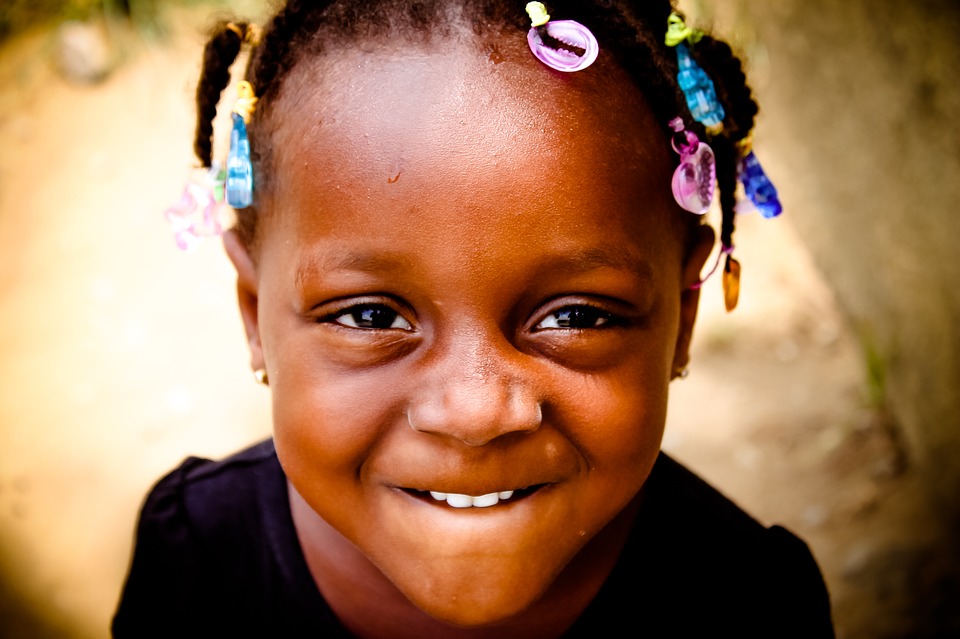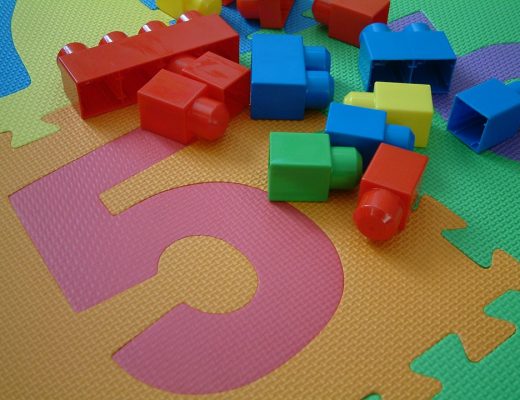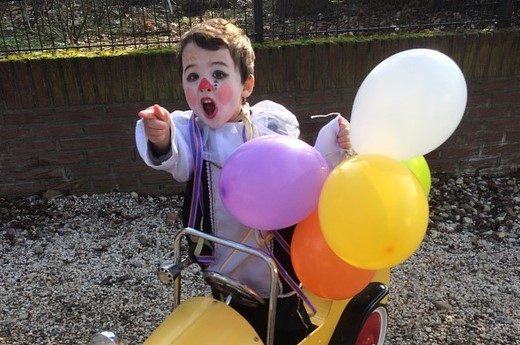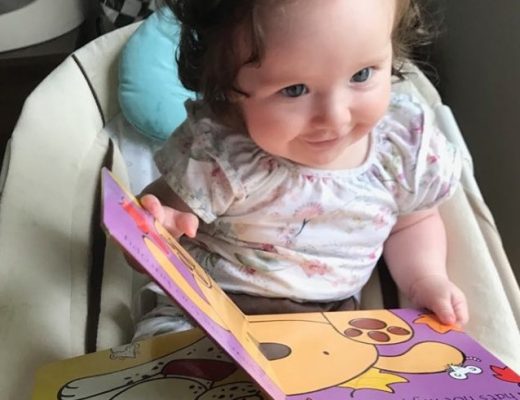When children are learning to talk they often make lots of errors with the sounds they use. This is usually part of typical development, but it doesn’t mean it’s not hilarious and sometimes shocking.
#5 Cluster reduction
This is when children miss one of the sounds in a double consonant sound e.g. ‘blue’ becomes ‘bue’, ‘stuck’ becomes ‘suck’, ‘clock’ becomes….
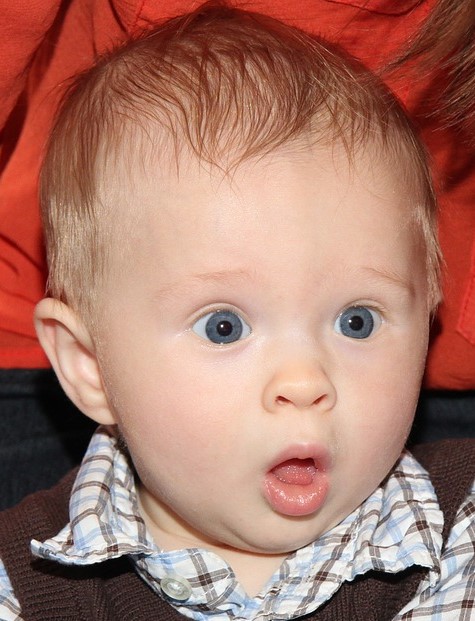
#4 Tricky fricatives
Fricatives are a group of sounds made when the air flows through a narrow channel in the mouth. They are quieter sounds so easier to mix up. They include ‘f’, ‘v’, ‘s’, ‘sh’. One particularly unfortunate mix-up is when the ‘s’ in ‘sock’ is changed to an ‘f’.
#3 Voicing
Sounds are in pairs of a voiced (where the vocal cords vibrate) and voiceless (where they stay still). It is common for this process to get a bit muddled when learning sounds. The most commonly mixed up sound pairs are p/b, t/d, k/g. ‘plum please’ (throwing in a bit of cluster reduction too) changes to ‘bum bease’ and everyone is suddenly looking around for a bumble bee.

#2 Reduction of affricates
Affricates are another group of sounds where the air is forced through a small gap in the mouth. The difference with these sounds is that the tongue also moves position during the sound. A problem herein lies when you think a child is saying ‘cats’, when they’re actually launching a ball at you and saying ‘catch!’.
#1 The weird and wonderful
Sometimes there is no pattern as to how or why sounds get mixed up. Sometimes vowels get mixed up too, leading to problems like the ‘di’ changing to ‘bu’ in innocent words like ‘digger’.
For more information about when speech sound error processes typically resolve see: https://www.speech-language-therapy.com/index.php?option=com_content&view=article&id=31:table3&catid=11:admin&Itemid=117
A general rule is that you should be able to understand the majority of what your child says by the time they are 3 years old.
Steph is a qualified speech and language therapist. If you have concerns about your child’s speech or language development, contact Steph at Steph@stephblack.com.
